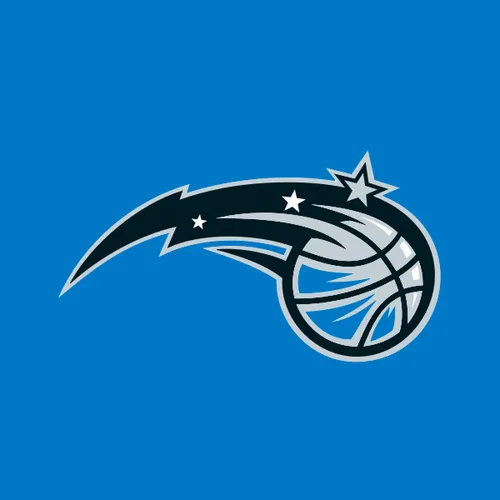







Research Jobs in the Sports Industry: A Quick Guide
Introduction
The sports industry offers a wide range of opportunities for research professionals to make significant contributions, from analyzing athlete performance to understanding fan engagement. This guide will provide an overview of the research landscape within the sports industry, highlighting job opportunities, salary expectations, essential skills, and tips for securing a position in this innovative and rapidly evolving field.
Role of Research Professionals in the Sports Industry
Research professionals play a crucial role in the sports industry by providing valuable insights that drive innovation and inform decision-making. They employ various research methods, such as qualitative and quantitative analysis, to gather and interpret data. Their work can impact numerous areas, including product development, athletic performance, fan engagement, and marketing strategies.
Types of Research Jobs in the Sports Industry
Sports Data Analysts: They collect, process, and analyze data related to player performance, game statistics, and team dynamics. They provide insights to coaches, athletes, and team management to inform decision-making and improve performance.
Biomechanics Researchers: These professionals analyze the physics and mechanics of human movement in sports, helping to improve athletes' techniques and prevent injuries. They often work closely with sports medicine professionals and strength and conditioning coaches.
Sports Nutrition Researchers: They investigate the impact of diet and nutrition on athletic performance, helping to develop and refine dietary recommendations and nutritional plans for athletes and teams.
Sports Psychologists: These researchers study the psychological factors affecting performance, motivation, and mental well-being in athletes. They often work with athletes and teams to implement mental training strategies to enhance performance and overcome challenges.
Exercise Physiologists: They research the effects of exercise on the human body, focusing on areas like muscle physiology, energy metabolism, and cardiovascular function. This research helps inform training programs, injury prevention strategies, and overall athlete health.
Sports Technology Researchers: These professionals study and develop new technologies and equipment to improve athletic performance, safety, and fan engagement. They may work on advancements in wearable technology, sports analytics tools, or smart equipment.
Market Researchers: They analyze consumer behavior, trends, and preferences in the sports industry. Their work informs marketing campaigns, sponsorship strategies, and product development for sports brands, teams, and organizations.
Sports Historians: These researchers study the history, evolution, and cultural impact of sports, often focusing on specific sports, teams, or time periods. Their work contributes to our understanding of the broader social, economic, and political context of sports.
By exploring these diverse research roles, you can identify opportunities that align with your interests and skill set, ultimately helping you find a fulfilling career in the sports industry.
Salaries for Research Jobs in the Sports Industry
Entry-level research positions in the sports industry typically offer salaries in the range of $40,000 to $60,000 per year. Junior-level roles can expect to earn between $60,000 and $80,000 annually, while intermediate-level positions typically command salaries in the range of $80,000 to $100,000. Senior-level research professionals can expect to earn over $100,000 per year, with some roles offering salaries exceeding $150,000, depending on the organization and level of responsibility.
Essential Skills for Success in Research in the Sports Industry
Analytical skills: The ability to analyze data, identify trends, and draw meaningful conclusions is crucial for research professionals.
Attention to detail: Precision and accuracy are essential when conducting research and interpreting findings.
Communication skills: The ability to present complex information in a clear and concise manner is vital for sharing research insights with diverse audiences.
Technical skills: Proficiency in various software tools, statistical techniques, and research methodologies is necessary for many research roles.
Problem-solving skills: The ability to identify issues, develop hypotheses, and propose solutions is a key aspect of research work.
Tips for Landing a Research Job in the Sports Industry
Develop relevant skills: Pursue a degree or certification in a related field, such as sports management, sports science, or statistics, to gain specialized knowledge.
Gain experience: Seek internships or part-time roles in sports organizations on Rebound to gain practical experience and build your professional network.
Showcase your work: Create a portfolio or website to display your research projects, publications, and other achievements.
Network: Attend industry events and conferences, join professional organizations, and leverage social media to connect with professionals in the sports research field.
Tailor your application: Customize your resume and cover letter to highlight your relevant skills, experience, and accomplishments for each research position you apply for in the sports industry.
Conclusion
Research professionals in the sports industry play a critical role in driving innovation, enhancing performance, and shaping marketing strategies. By understanding the various job opportunities, salary expectations, essential skills, and tips for landing a position in this field, you can successfully navigate the research landscape in the sports industry. Pursue relevant education, gain practical experience, and build a strong network to maximize your chances of securing a fulfilling and rewarding career in sports research.



























